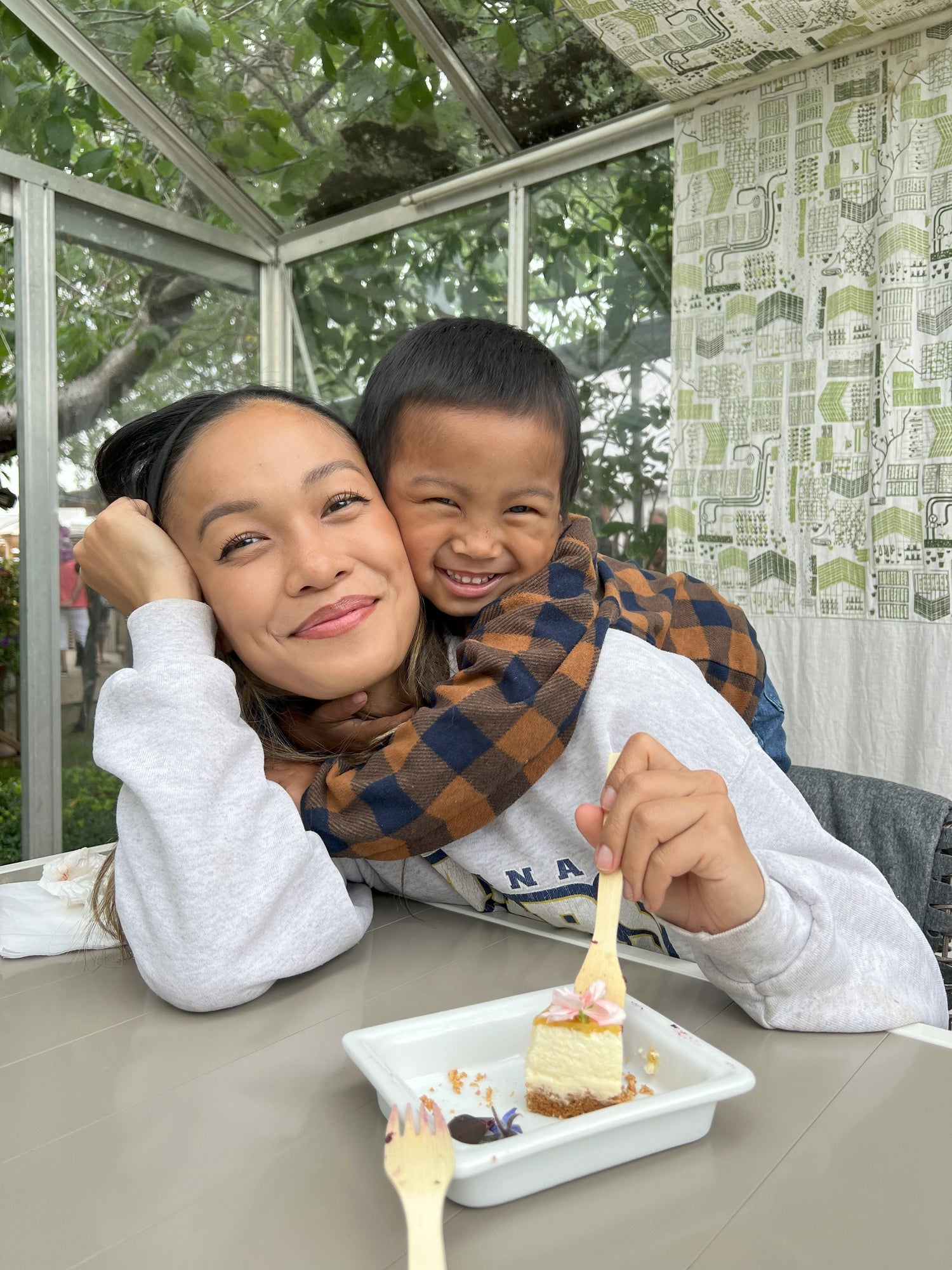By: Ida Welbourn
Being responsive as a parent/guardian is important to create a safe and healthy relationship with your child/teenager. Here are some tips on how to become a good adult listener to your child/teenager:
Give your child your full attention: When your child/teen is talking to you, make sure you are not distracted. Turn off the phone/TV and focus on what they are saying.
Validate that you heard what the child said: This can be done both with words, to summarize or repeat something of what the child says, or with body language, eye contact, nodding, smiling.
Show empathy: Try to put yourself in your child/teen's situation and try to understand how they feel. Show that you care about what they say and that you want to help.
Show interest: Show that you are interested in what your child/teen has to say by asking questions, nodding along, or by repeating some of the key words or phrases the child says.
Accept and respect their feelings: When your child/teen shares their feelings or opinions with you, accept them without criticizing or being too quick to speak your mind. This helps create an environment where they feel comfortable talking to you.
Be open and non-judgmental: Make your child or teen feel comfortable opening up and talking to you about anything. Be open to their opinions and avoid judging or criticizing them.
Ask open-ended questions: Instead of asking yes or no questions, try asking open-ended questions that can lead to more developed answers. For example, instead of asking "did you have a good day at school?" can you ask "what was the best and worst part of your day today?"
Active listening: This means that you not only hear what your child/teen is saying, but also show that you understand by repeating and summarizing what they have said. This shows that you are really listening and trying to understand.
Be patient: Sometimes it may take time for your child/teen to open up and talk to you. Be patient and give them time and space to talk. To make sure you understand what the child is saying, repeat or summarize what they said. This helps the child feel understood and listened to.
Encourage them to talk: Encourage your child/teen to talk about their feelings and experiences by showing that you are interested and that you care about what they have to say. Ask open follow-up questions, what happened then, how did it turn out, how did it feel to you, what did you think of it, what do you think the other person thought of it, what happened next. If the child's story is unclear, ask for specific information, who said that, when did this happen, where were you. This shows that you are trying to understand and keep up.
Avoid interrupting or solving problems: If it's difficult, you can silently and slowly count to 10 to yourself. Sometimes they just want to talk and feel heard. Let your child/teen finish their reasoning or story before you can ask if they would like suggestions for solutions or advice.
Be present: Sometimes it can be difficult to find time to talk to your child or teenager. Try to find time each day or week where you can talk and spend time together without distractions.
Read more about why it is so important to listen to your child HERE





